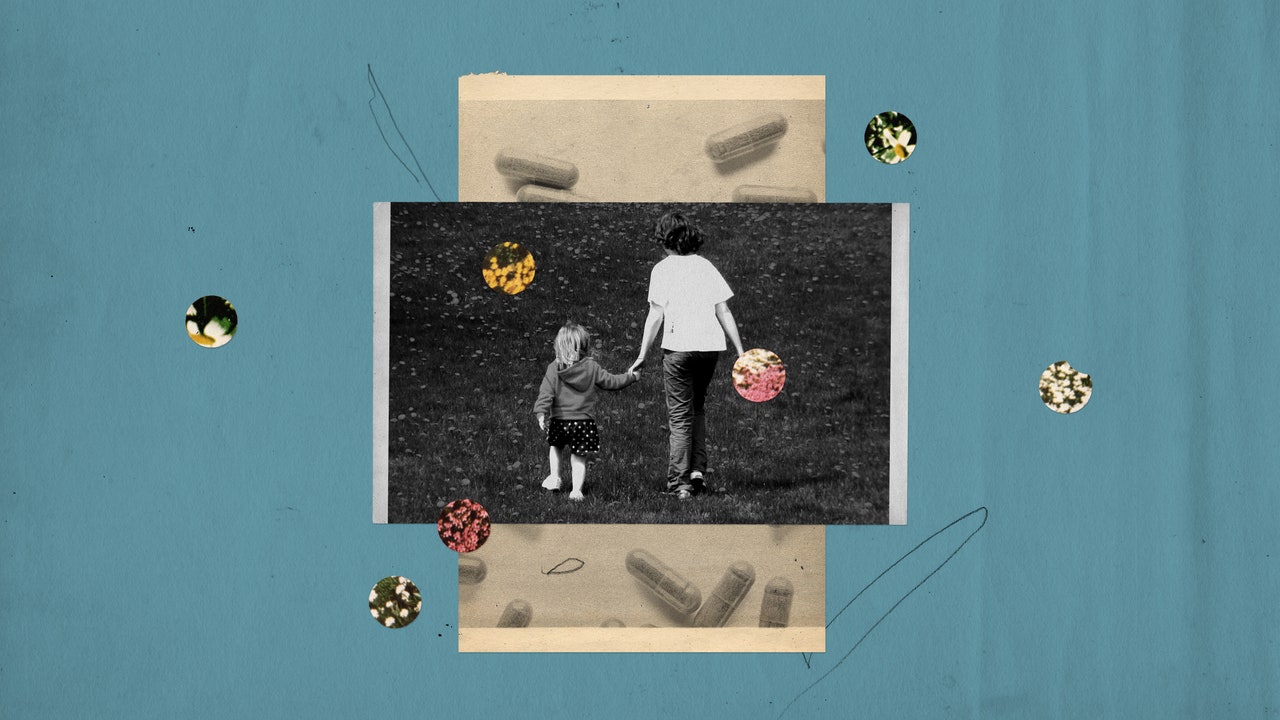“We can find you some help,” I say, as if I don’t understand that those kinds of statements feel empty to her in her times of despair.
She’d attempted suicide for the first time when she was 14, but she is 27 now and right here in my guest room, proving she can keep going. My hope blinds me to reality, that the fact she fought before doesn’t mean she will fight forever. Tonight she is telling me that she is done.
I hear my husband’s feet stop behind me at the bedroom door and immediately wonder how much he’s overheard. I turn quickly, like I’ve been caught in the act.
He is a sweet and generous man. “No regrets,” he told me on our first date. Something only 20-year-olds say. We’d grown up together in the way you do when you marry young. If you’re lucky enough, your tangles intertwine around each other.
“We’re good,” I say too fast. “I’ll be up in a minute.”
He steps through the doorway anyway. “Am I missing the party?” he says with a grin.
“Not right now, babe. I’ll be up in a minute.”
No matter her suffering, I can’t allow myself to consider playing a role in her death. Five years older, I’d been there for all of it, from her childhood night terrors to fleeing abusive men she thought she could please. She’d been sick for a long time. But surely, there is hope. Surely, the right med cocktail, the right living situation, the right doctor, support systems—surely, she can find a better life.
She lays back down and turns away from me, defeated. She pulls the fluffy down comforter up around her neck, the way she does when she desperately needs sleep and wants to be left alone.
I linger there for a few minutes, on the edge of the bed with my hand on her hip, before I get up. I bend over and move her hair back away from her face. I kiss her on the side of the head as if she is a little girl and say, “I love you, we’ll talk more tomorrow,” and I go upstairs to bed.
***
While I didn’t know what the next day might hold, I held fast to the belief that I could save her. Somewhere deep down, somewhere intensely emotional and not at all practical, I believed I could make the difference. These beliefs came from a place of denial and desperation: denial that her illness was as severe as it was and desperation for help and acknowledgement of our struggle. I went to every length possible to prevent the inevitable, all the while thinking I had some sort of power that none of us ever have. In that anguished hustle that so many families of the mentally ill know well, I was alone.
My sister and I would go on to fight her illness together for 13 more years before she died by suicide at the age of 40. I still commemorate the anniversary of her death every year. She found her own dignity through her incredible strength in the face of so much adversity. I will forever remain in awe of her fight.
If you or someone you love is suffering, please seek help.
Read the full article here




